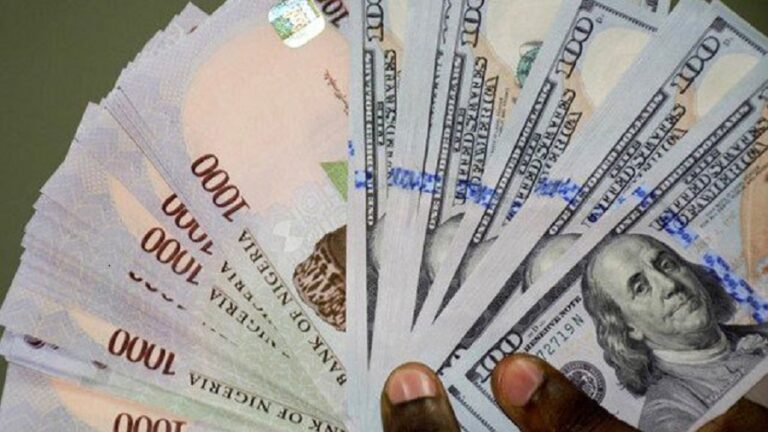By Atoyebi Nike
The Nigerian naira strengthened below the N1,500/$ threshold during mid-week trading, marking the second time this year the local currency breached that level in the official market.
The exchange rate fluctuated between N1,498/$ and N1,507/$, showing signs of resilience after settling at N1,506/$ earlier in the week. At the parallel market, however, the currency traded slightly weaker, closing at N1,510/$–N1,512/$.
Market analysts attribute the rebound to the Central Bank of Nigeria’s (CBN) policy reforms, including measures to stabilize exchange rates, curb speculative trading, and attract foreign capital. The gains have also offered relief to companies listed on the Nigerian Stock Exchange, easing import costs and signaling a possible moderation of inflation pressures.
Globally, the U.S. dollar remained flat with the Dollar Index (DXY) at 97.85 during the London session. Investors are anticipating the release of U.S. inflation data after the Producer Price Index (PPI) unexpectedly declined in August, raising expectations of a Federal Reserve interest rate cut next week.
Meanwhile, political controversy surrounded U.S. monetary policy after President Donald Trump’s administration appealed a court ruling blocking his attempt to remove Fed Governor Lisa Cook. At the same time, economist Stephen Miran’s nomination to the Fed gained momentum, bolstering Trump’s influence over the central bank.
In Europe, the euro edged higher ahead of the European Central Bank (ECB) policy meeting, where rates are expected to remain unchanged. The currency’s recovery followed two days of losses triggered by geopolitical tensions.
Adding to regional instability, Poland confirmed it shot down Russian drones within its airspace on Wednesday with NATO support marking the first such action by a Western alliance member since the start of Russia’s war in Ukraine.
